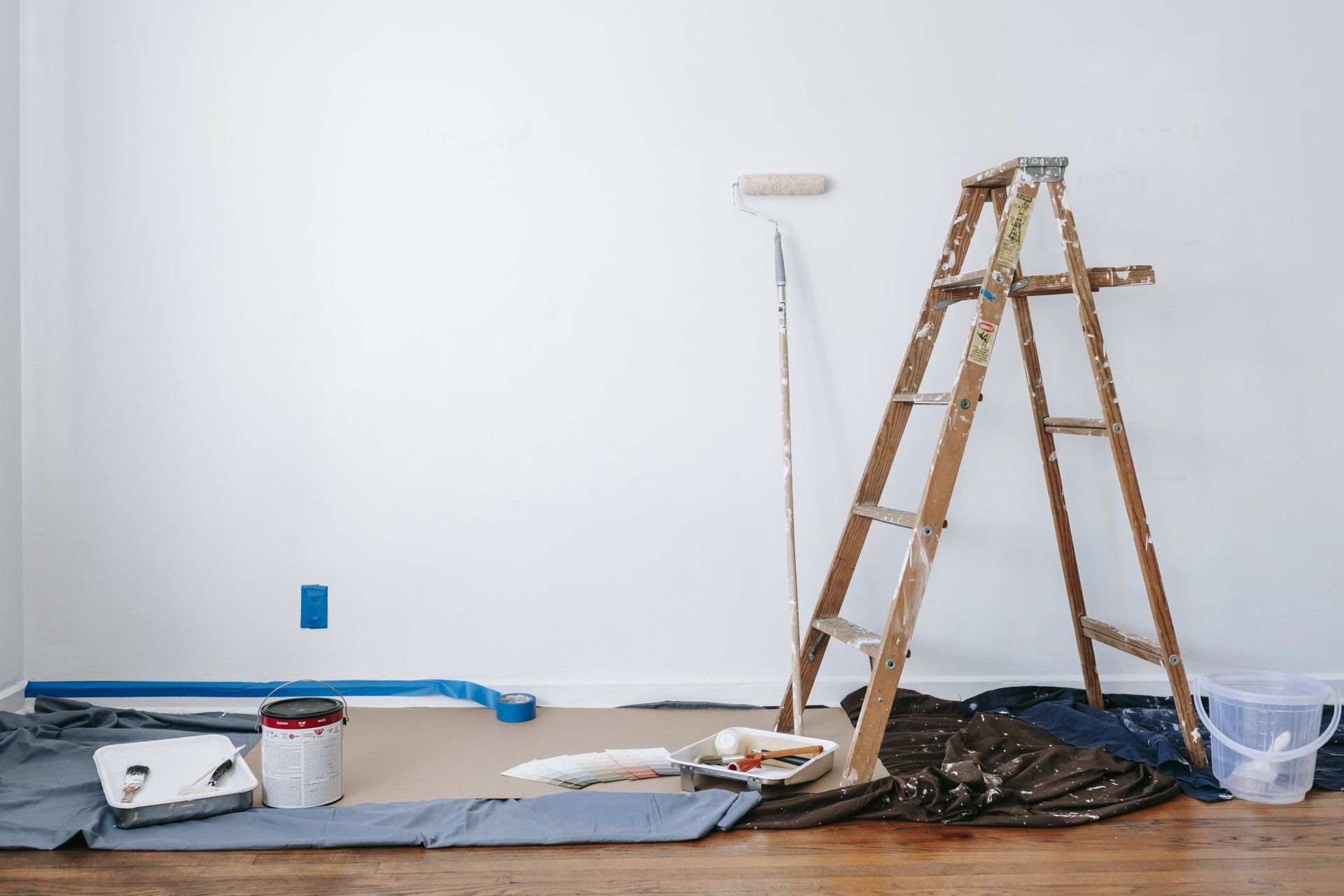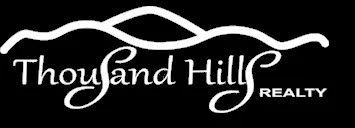
When a front porch needs work, the exterior paint is flaking, the carpets are soiled and old, or the bathrooms are outdated, an effective property manager in Branson will typically offer an improvement. However, your flat is still occupied, and your renter wishes to make renovations despite any of these difficulties. So, should you allow your tenants to make improvements? The answer is that it is debatable.
It's not uncommon for renters to ask to make modifications to a rental home if it's outdated or in need of a few updates. Common requests include:
● Painting the walls.
● Repairing the flooring.
● Updating the light fixtures.
● Planting flowers in the yard.
● Renovating bathroom sinks.
If your renter requests that the home be improved, you should assess how much it will cost to restore the unit to its original state if necessary. This is necessary only if a tenant's "improvements" make the rental less appealing. However, the change will probably be something you'll want to maintain. This will benefit you and your present (and most likely future) tenants.
It's up to you whether you say yes, but if the security deposit covers the expense of restoring the property to its original condition, you might consider taking a chance and accepting the changes. You can, however, say no if the security deposit won't cover it or if you don't like the proposed remodeling plan. After all, we're talking about your money here.
Who Pays for Rental Property Improvements?
If a renter makes an alteration to your house that devalues it without your consent, they will usually have to pay you for the "improvements," which you will then use to rectify the problem. However, determining who pays for the improvements becomes more complex if your tenant adds value to your rental.
When it comes down to it, you have various options. You can try to work out a deal with your tenant in which you cover half of the entire cost, and they cover the other half. Another alternative is to authorize an improvement only if the renter covers the entire cost. You have the option of paying for improvement as the whole the renter proposes if you believe it will add value to your home.
Lease clause for improvements by the landlord
Make sure your lease includes a clause covering any changes you make yourself. This will ensure that you get compensated for any improvements you make in response to your tenant's request. However, keep in mind that this phrase does not cover any difficulties with habitability.
Lease clause for improvements by either party
It's also crucial to put a clause in the lease that covers any improvements you, the landlord, or your renter. This section specifies that if the tenant vacates the property, the landlord can keep the upgrades.
Lease clause if alterations devalue the home
This clause will cover any improvements to the property made by the tenant that undervalued your investment. Refer to this clause if you need to withhold all or part of the security deposit to restore the property to its previous condition.
Rental Property Repairs vs. Improvements
A renter who requests improvements to the property is not the same as one who demands repairs. Repairs are usually one-time improvements that maintain the house livable. For example, if a hole in the wall has to be patched or a broken cabinet door needs to be mended, a tenant may request that repairs be made.
If they can do it independently (with your approval), the house will be restored to its original, habitable state. If the desired repair impacts habitability, the landlord is responsible for doing the work if the tenant fails to do so.
An improvement is anything that raises the value of your rental property or extends its life. A tenant may request that an ancient carpet be replaced, new light fixtures are installed, or painted walls to brighten the space. These adjustments are often considered enhancements to the property (if authorized) because they increase the value of your investment. You can easily change it back if the tenant's "upgrade" isn't your style or isn't attractive to your future tenant.
When to Make Improvements Yourself
You should maintain and repair your rental property as needed because it is an investment. If your rental isn't up to par with the competition in your neighborhood, consider making improvements to make it more appealing to potential tenants. Stainless steel appliances, granite worktops, and hardwood floors, for example, are popular among renters. Although it's preferable not to let tenants handle substantial renovations, you might want to consider taking on these tasks yourself (or hiring a professional to do so).
In the end, every property manager in Branson should make suggestions for changes from time to time. Keeping up with your property's maintenance, repairs, and potential improvements is critical.



